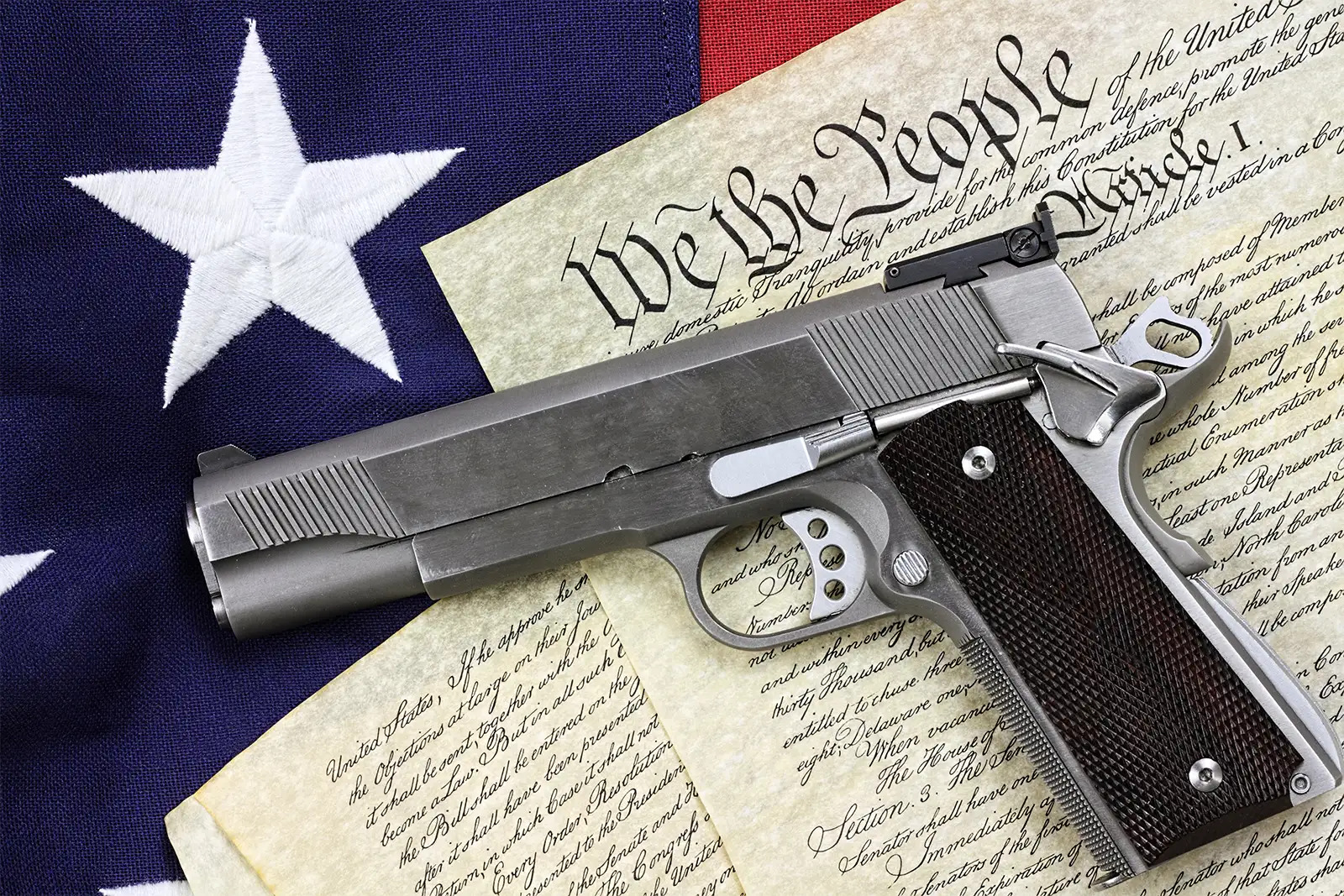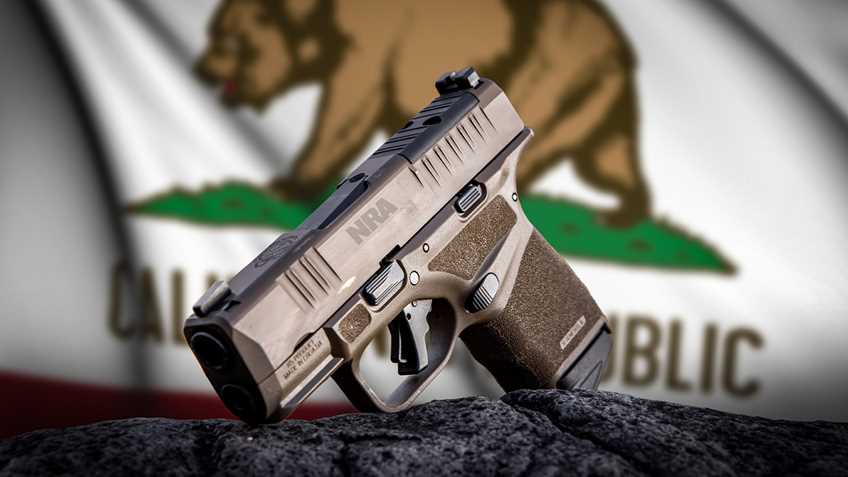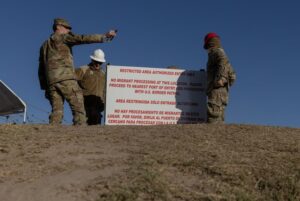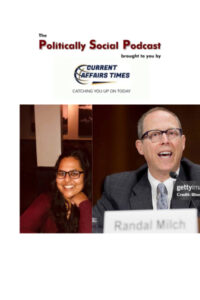
Gun Control In America
Washington DC – On July 28th, 1967, California Governor Ronald Wilson Reagan signed the Mulford Act, banning the right to carry loaded firearms without a permit publicly; in the process, Reagan received full backing from the NRA. Without context, this might sound like an ill-timed attempt at satire. But it’s real, and the story behind the Mulford Act exposes a hidden chapter in America’s sordid history of firearm regulation — serving as another cold reminder of the nation’s backward relationship with gun violence and the victims it claims.
The Mulford Act was signed as a reaction to Huey P. Newton’s formation of the Black Panther Party in Oakland on October 16th, 1966. Newton conducted the Panther’s initiation of patrol groups, outfitted with loaded firearms, to monitor Black civilian engagements with the police to prevent acts of brutality. In 1966, bearing loaded arms in public spaces without a permit was perfectly legal in California. Still, something about a Black militia exercising their 2nd Amendment right stirred an immediate and restricting response from the politicians and lobbyists, even those who adored the 2nd Amendment. (Although, at this point, the GOP wasn’t tethered to laissez-faire gun laws as they are today.)
The California legislative body wasted no time creating gun control. Republican assemblyman Don Mulford introduced the bill on April 28th, 1967. By June 8th, it passed the California State Assembly; by July 27th, it pushed through the California State Senate.
On July 28th, Reagan signed the bill into law, saying, “There is absolutely no reason why, out on the street, today, a civilian should be carrying a loaded weapon.”
America’s Last Attempt at Gun Reform
The following year in the United States marked one of the most significant periods of gun reform in American history. Rising civil unrest, violent crimes, rioting, and multiple high-profile assassinations were enough to shift political opinion to consider gun legislation, legislation previously stuck in political purgatory since Kennedy’s assassination in 1963.
In 1968, Lyndon Johnson signed the Gun Control Act (GCA) into law.
Many advocates saw the GCA to be a step in the right direction. It instituted measures banning interstate mail orders, raised the handgun ownership age to 21, extended wait times for background checks, and prohibited those with histories of crime, drug abuse, and mental illness from owning guns. However, the final cut left out crucial elements. Among these vital laws were a national firearm registry and federal licensing requirements.
Upon signing the Gun Control Act, President Johnson stated:
“But this bill–as big as this bill is–still falls short because we just could not get the Congress to carry out the requests we made of them. I asked for the national registration of all guns and the licensing of those who carry those guns. The fact of life is that there are over 160 million guns in this country–more firearms than families. If guns are to be kept out of the hands of the criminal, out of the hands of the insane, and out of the hands of the irresponsible, then we just must have licensing. If the criminal with a gun is to be tracked down quickly, then we must have registration in this country.”
Reporting on the outcome of the Gun Reform Act, Time Magazine concluded its analysis by stating, “It may take another act of horror to push really effective gun curbs through Congress.”

The Radicalization of the NRA
Since the Gun Control Act of 1968, the possibility of gun restriction has sharply diminished. In 1977, the NRA – which up until this point focused mainly on how the association could benefit and educate gun-owning hobbyists – took a dramatic turn when they coronated Harlton Carter as their new president.
Under Carter, the organization rallied behind growing resentment towards recent gun control measures, and he took the NRA through a Reformation-scale attitude adjustment. Any hint of the old guard was thrown aside, and the new mission was unquestioningly institutionalized. Carlton stated in a letter to NRA members: “We can win it on a simple concept — No compromise. No gun legislation.”
The Current State of American Gun Reform
Now, gun control advocates are further from success than at almost anytime in American history. Conservative-leaning states – from Texas to Ohio – continue advertising and passing state laws for looser restrictions, such as permitless carry and less invasive background checks. And with a 6-3 conservative Supreme Court majority, the federal opinion on the 2nd amendment will likely reverse state decisions that protect restrictive gun laws.
Current Supreme Court Cases & the 2nd Amendment
For a deeper legal perspective on US gun laws, the Current Affairs Times interviewed Ryan Campbell, a human rights lawyer who has written on the relationship between federalism and state’s rights concerning the 2nd amendment.
Explaining the tracing thread of Supreme Court cases that have fashioned the debate around gun laws, Campbell references the 2008 decision: District of Columbia vs. Heller. Campbell said, “Heller established a personal right to own and operate a gun inside the home. Although, in this case, they declined to extend that right. In a subsequent case, they could look to extend the scope of this ruling. For example, is it a constitutional right to bring an AR15, loaded and visible, into a bar? If some regulation is drawn back, this could establish a right to open-carry a loaded firearm in public, allowing minors concealed carry, etc.”
Currently, the Supreme Court is forming a decision on NY State Rifle & Pistol Association vs. Bruen, which challenges NY State law requiring citizens to establish “proper cause” if they wish to carry concealed weaponry for self-defense. This case ties into the Heller ruling.
Responding to the implications of a positive Bruen ruling, which arrives at the end of June, Campbell said:
“If they say the second amendment affords the personal right to carry a gun, it will render unconstitutional the regulations that aren’t consistent with the ruling. This depends on how broad or narrow the court is willing to go. Such as, is the second amendment right something that follows you everywhere, wherever you go?… The laws on the books could be overturned and declared unconstitutional, which would lead to even fewer regulations, which would further reduce the rules around purchasing military-grade firearms, who can buy them, and where they can be taken.”
Thumbnail Credits: Stephanie Frey/Fotolia
Sources:
- Current Affairs Times spoke with Ryan Campbell
- The NRA Supported Gun Control When the Black Panthers Had the Weapons
- The Original No Compromisers
- Remarks Upon Signing the Gun Control Act of 1968.
- How the Gun Control Act of 1968 Changed America’s Approach to Firearms
- How NRA’s true believers converted a marksmanship group into a mighty gun lobby
- Texas relaxed gun laws after recent mass shootings
- As mass shootings continue, Ohio is about to significantly loosen its gun-control laws





